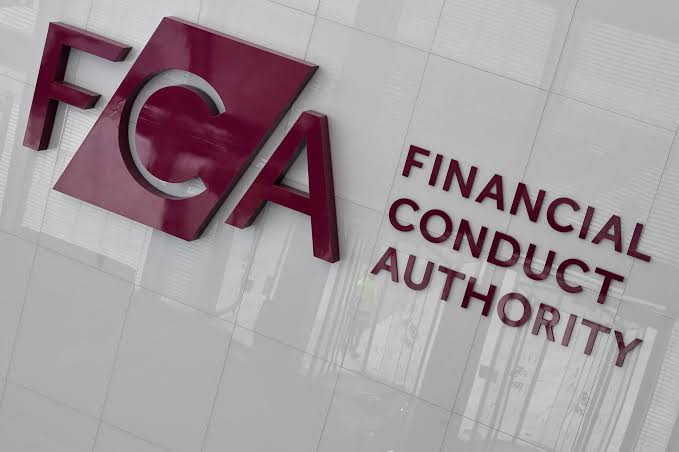Key Insights
- FCA identifies and disrupts illegal crypto ATMs in the UK.
- Inspections conducted at 34 locations, resulting in the removal of 26 illicit machines.
- Unregistered crypto ATMs pose risks, warns FCA; lack measures to prevent money laundering.
In a concerted effort to combat illicit activities in the cryptocurrency space, the Financial Conduct Authority (FCA) has been actively identifying and disrupting illegal crypto ATMs throughout the UK.
FCA targets illegal crypto ATMs
Since the beginning of 2023, the regulatory body has targeted 34 locations suspected of hosting these machines, successfully dismantling 26 of them in collaboration with other law enforcement agencies.
May and June saw the FCA team up with various police units to conduct inspections at 18 suspected sites across the UK. One notable incident occurred in Sheffield, where a crypto ATM was removed after a member of the public lost £1,000 in a failed transaction. Despite efforts to contact the machine’s operator for resolution, they remained unreachable.
Cryptocurrency ATMs have gained significant popularity in recent years as more people embrace digital currencies like Bitcoin and Ethereum. However, the FCA warns that unregistered operators may lack the necessary measures to prevent illicit activities, including money laundering.
FCA warns users of unregistered crypto ATMs
Steve Smart, the Joint Executive Director of Enforcement and Market Oversight at the FCA, issued a stern cautionary statement regarding the use of unregistered crypto ATMs:
If you use a crypto ATM in the UK, you are using a machine that is operating illegally and you may be handing your money over to criminals.
Smart stressed that users of these machines are not protected and could risk losing their funds, often without any effective means of communication with the operator. He concluded,
We will continue to warn the public and take appropriate enforcement action against unregistered crypto ATM operators.
The crackdown on illegal crypto ATMs follows the FCA’s prior inspections of sites suspected of hosting unregistered machines across the UK.
The regulatory body maintains its stance, cautioning consumers about the unregulated and high-risk nature of crypto assets.
Related: Why Did New Zealand Ban Crypto ATMs?
UK government’s efforts to regulate cryptocurrency activities
In the UK, providers of crypto asset exchanges, including operators of crypto ATMs, must be registered with the FCA and comply with the UK Money Laundering Regulations. Failure to comply may result in criminal charges, fines, imprisonment for up to two years, or a combination of these penalties.
The FCA’s inspections have spanned various locations in London, successfully thwarting illegal operations in cities like Leeds, Exeter, East London, Nottingham, and Sheffield.
In addition to identifying unregistered and potentially dangerous businesses, the FCA is actively working to enhance the security of digital asset adoption.
Recently, the Financial Services and Markets Bill received Royal Assent, marking its official recognition as a new Act. Notably, this legislation encompasses cryptocurrencies and stablecoins, cementing their status as regulated financial activities.
The Act is central to the Government’s vision to grow the economy and create an open, sustainable, and technologically advanced financial services sector,” stated the UK government in an official announcement.
Alongside these developments, the FCA is finalizing regulations concerning cryptocurrency marketing and advertising in the country. These rules, set to take effect on 8 October, aim to address the exponential growth in the number of crypto holders in the UK over the past year.
Meanwhile, cryptocurrency exchange giant BinanceBinance appears reluctant to comply with these changes. Its UK subsidiary, Binance Markets Limited, has voluntarily surrendered its local license, aligning with the company’s broader strategy to reduce its European presence. Binance has also chosen to abandon licenses in Cyprus and the Netherlands as part of this strategic shift.


